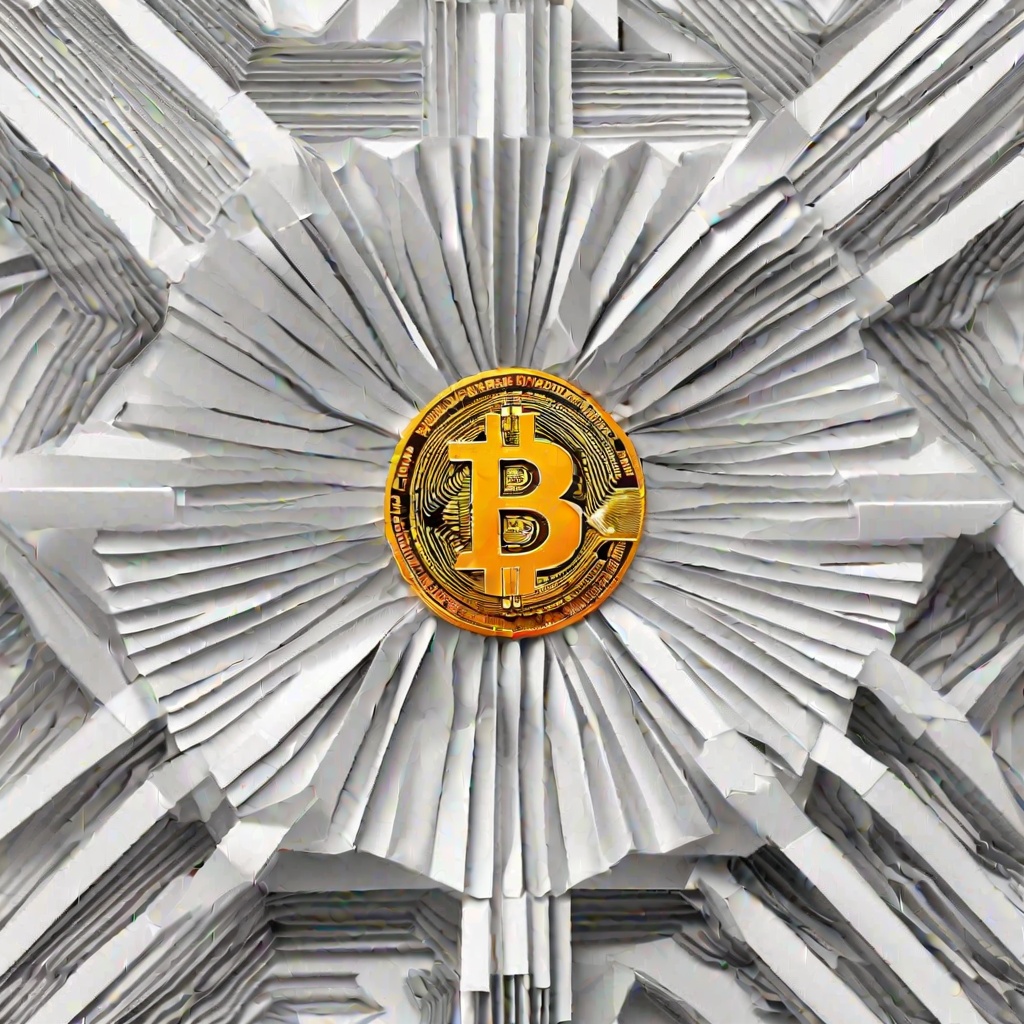How to reduce Bitcoin transaction fees?
Are you tired of paying high transaction fees when sending or receiving Bitcoin? Well, you're not alone. The good news is that there are several ways to reduce these fees and make your Bitcoin transactions more cost-effective. One way to reduce fees is to choose a low-fee period to make your transaction. During times of low network activity, miners are more likely to include your transaction in their blocks for a lower fee. Another way to reduce fees is to use a transaction accelerator. These services can help speed up the confirmation of your transaction by paying additional fees to miners on your behalf. You can also try consolidating multiple small transactions into a single larger one. This can help reduce the overall fee by reducing the number of outputs and inputs in your transaction. Finally, you can consider using a different cryptocurrency that has lower transaction fees. While Bitcoin is the most well-known cryptocurrency, there are many other options available that may be more cost-effective for your needs. So, the question is, have you tried any of these methods to reduce your Bitcoin transaction fees? And if so, which one has worked best for you?

Do cryptocurrencies charge transaction fees?
I'm curious about the costs associated with using cryptocurrencies. Do cryptocurrencies typically charge transaction fees? If so, how do these fees compare to traditional financial systems like banks and credit cards? Are there any ways to minimize or avoid these fees? And what factors influence the amount of fees charged in a cryptocurrency transaction?

Do bitcoin exchanges charge transaction fees?
Excuse me, I'm just curious about the fees associated with buying and selling Bitcoin on exchanges. Do Bitcoin exchanges typically charge transaction fees for users to complete trades? And if so, how do these fees work? Are they a percentage of the trade amount or a flat rate? Also, are there any factors that can influence the amount of the fee, like the size of the trade or the specific exchange platform? Thanks for any information you can provide.

Why do I get charged transaction fees?
Could you please explain why I am being charged transaction fees when I make transactions with cryptocurrency? I understand that there are costs associated with maintaining the blockchain and verifying transactions, but I'm curious about the specifics behind these fees and how they are calculated. Are there any ways to minimize or avoid these fees altogether? Additionally, are there any differences in fees between different cryptocurrencies or exchanges? Thank you for your time and expertise in this matter.

How do I report crypto transaction fees?
Hello, I'm wondering about how to properly report cryptocurrency transaction fees for tax purposes. Could you explain the process in detail? Do I need to report each individual fee or can I group them together? Are there any specific forms I need to fill out? And how do I calculate the total value of the fees to include in my tax return? I appreciate your help with this matter.

